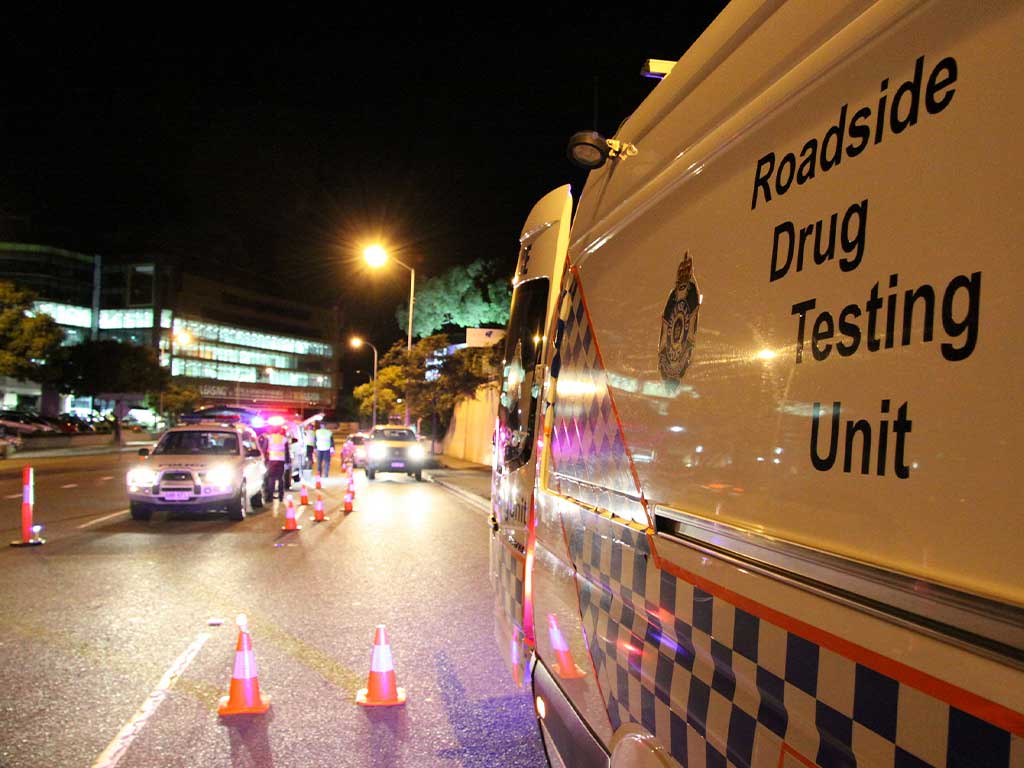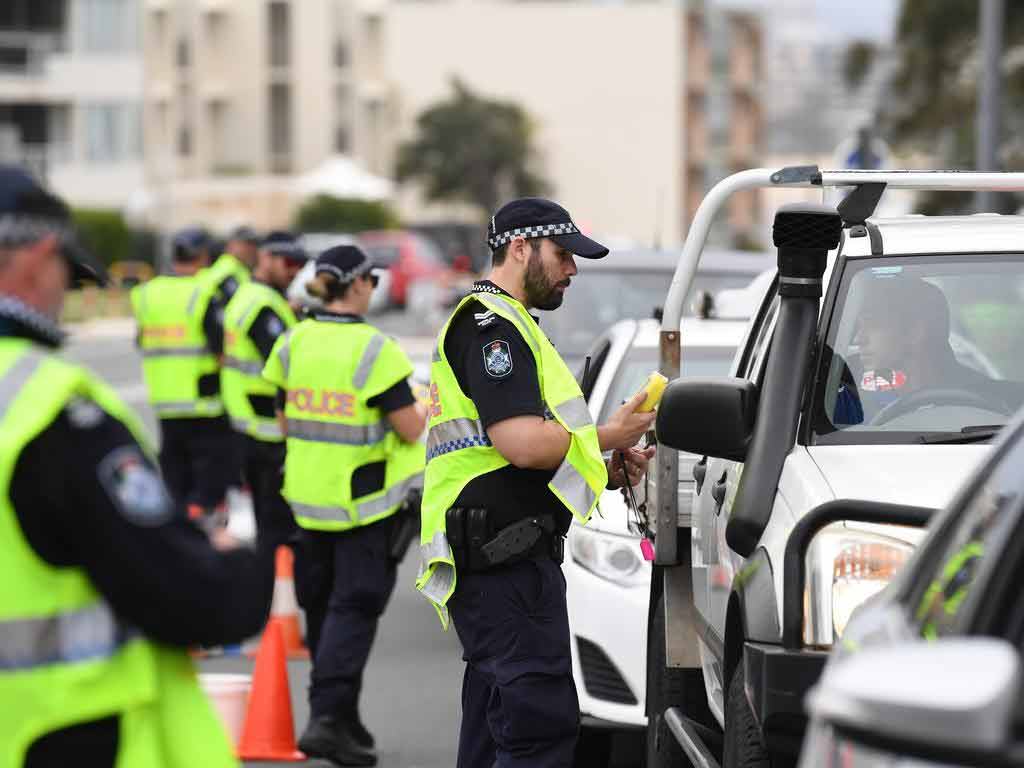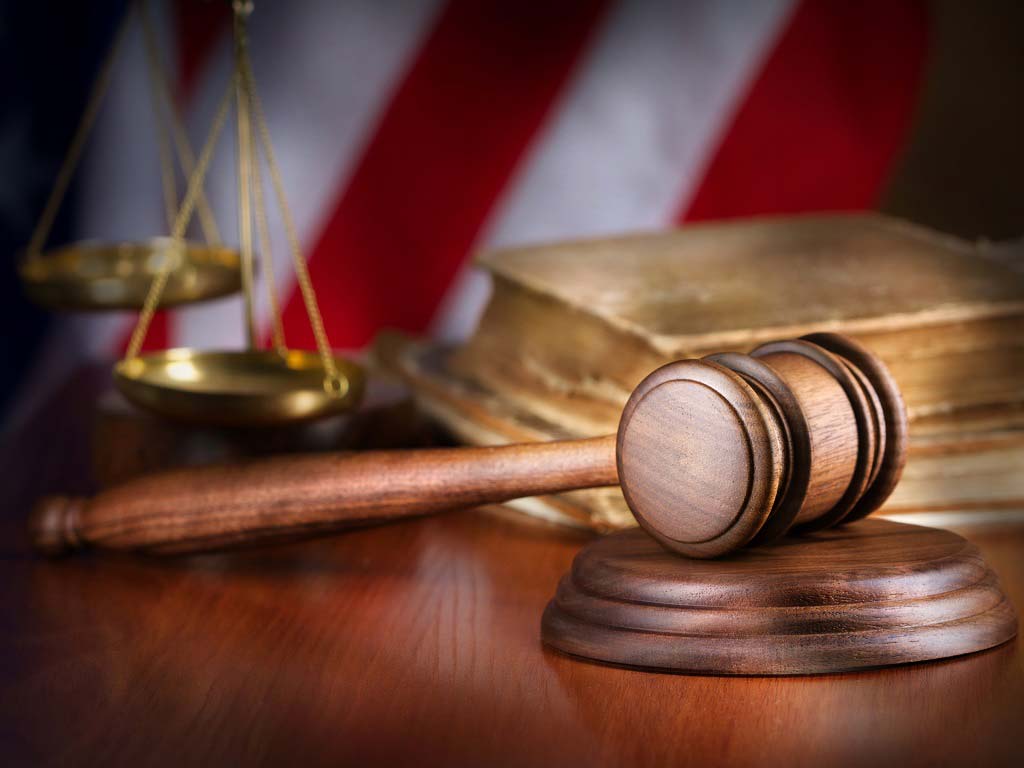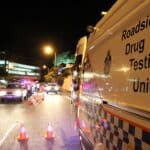Police Drug Test Victoria: Drug Driving Facts in Victoria, AU
07 March, 2024

Drug testing plays a vital role in ensuring road safety. A police drug test in Victoria ensures that drivers are fit to operate motor vehicles and are free from the influence of drugs. During a roadside test, police officers can randomly drug test drivers by using their oral samples to detect cannabis, methamphetamines, and ecstasy. They may also conduct blood or urine tests if they deem the saliva test insufficient. If the individual tests positive, they may face penalties.
Impaired driving increases the risk of accidents, resulting in injuries or fatalities. As a response to drug driving, law enforcement also conducts random roadside drug tests to identify actual offenders accurately. This approach to road policing deters individuals from drug driving and provides a basis for charges for drug use. This article will present information on drug testing by police officers, including the detected substances, the procedure, and the penalties for drug driving.
What Substances Does a Police Drug Test in Victoria Detect For?
A police drug test in Victoria can screen for a broad range of substances, depending on the circumstances. Although their options are more limited during roadside drug tests, follow-up testing in police stations or medical facilities can provide a more thorough analysis. Officers may ask for urine samples or blood samples besides the oral fluid samples for saliva test.
Police testing may screen for illicit drug use of prescription medications and illegal drugs. Thus, the substances they trace may include amphetamines, benzodiazepines, opioids (oxycodone, fentanyl, heroin), cocaine, and cannabis. These are the common drugs of abuse that organisations typically test for. They do not include common medications like flu tablets.
Alternatively, police officers also conduct testing for ethanol to identify individuals breaking drink driving laws. Ethanol is the active ingredient found in most alcoholic beverages. Since it can also cause significant impairment, some officers may conduct a breath test to preserve road safety. Altogether, tracing these substances can help reduce the risks of accidents.
List of Detectable Illicit Substances
These are the detectable substances during random roadside drug testing:
- Delta-9 tetrahydrocannabinol (THC): the primary active component in cannabis or marijuana. It causes euphoric or high sensations after consuming weed. It also poses a high risk of developing dependency.
- Methamphetamines: addictive stimulants that come in various forms. It is called ice in crystal form, speed in powder form, and base in paste form. Ice is the most commonly abused form because it causes the strongest effects.
- Ecstasy (MDMA): a psychoactive stimulant drug that comes in tablet and crystal form. It causes hallucinogens effects potent effects.

What Happens in a Police Drug Test in Victoria?
Police officers in Victoria can pull any driver over to test for a drug impairment assessment. This is regardless of whether they are on motorcycles, in highway patrol units, or unmarked vehicles. A police drug test in Victoria typically starts with the officers conducting an oral fluid test using testing kits. Hence, they ask the driver to provide saliva samples using an absorbent pad. The driver may simply place the pad on their tongue and wait a few seconds.
Afterwards, they must place this into the testing device to analyse the samples, which may take a few minutes. If the result is non-negative, they will send the sample to a laboratory for confirmation testing. In most cases, if the result is negative, the individual is free to go.
However, the police may ask the individual to undergo a standard impairment test if they suspect impairment. This is in cases where the suspected substance is unidentifiable with roadside oral fluid testing. During this, they check if the individual shows signs of impairment in their physical or mental abilities. They may also ask for urine or blood samples afterwards.
Can You Refuse to Get Tested?
Generally, individuals cannot refuse to get tested during a roadside drug testing stop. Doing so will cause them to incur penalties like being caught with a drug driving charge. Therefore, it is crucial to properly communicate with the police officers about circumstances that disallow them from participating in the standard saliva test.
One possible cause for not participating in a saliva test is because of a medical condition, like dry mouth. In these cases, the officers may proceed with the standard assessment and collect urine or blood samples instead. It may also help to consult a legal professional for advice.

Penalties for Testing Positive in a Police Drug Test in Victoria
There are severe penalties for testing non-negative or positive in a police drug test in Victoria. A positive result indicates that they found trace amounts exceeding the cut-off levels in the provided sample. The minimum penalties for this are loss of licence for a period of six months, a monetary fine totalling $577, and mandatory participation in a Behaviour Change Program (BCP).
Naturally, subsequent offences will also increase the penalty for drug driving. Every subsequent offence will require participation and passing a BCP since the content can change depending on the specific charge. Moreover, the fines will also get more expensive the more offences they commit. In addition, the driver licence disqualification period may extend to a year.
Magistrates may fine an individual with penalty units. The minimum for this is 12 units for first-time offenders. With additional offences, it may reach up to 180 units or an 18-month imprisonment. There are other possible penalties that a magistrate can appoint. It is also important to note that these charges may appear in a criminal record as a driving conviction.
Can the Police Take Away Your Car?
Yes, the police can take away the car of an individual if they have reasonable grounds to suspect the individual has committed a drug-driving offence. This can apply to a period of 30 days, which can cause significant inconvenience. Moreover, a court may add 45 days to three months to the impoundment period if the subsequent offence occurs within six years of the first.
Furthermore, if the court charges the individual with a third offence within the same six-year period, they may confiscate the motor vehicle permanently. This disciplinary action aims to deter irresponsible drug activities and promote safety.
Conclusion
A police drug test in Victoria is the crucial process of tracing drug misuse using oral samples. A roadside test can trace substances like THC, methamphetamines, and MDMA. They may also conduct further testing using a standard assessment and request urine or blood samples to check for impairment by other substances that their saliva test cannot trace. This includes opiates, cocaine, and benzodiazepines. They may conduct follow-up tests in a police station or medical facility.
Generally, an individual cannot refuse a random drug test because this would count as an automatic failure. A driver who refuses a test or gets a positive test result will have to pay a fine, undergo a licence disqualification period, and participate in a BCP. Subsequent offences may also result in jail time and vehicle impoundment. Moreover, if the drug driver incurs three offences within six years, the court may permanently confiscate the motor vehicle.






























